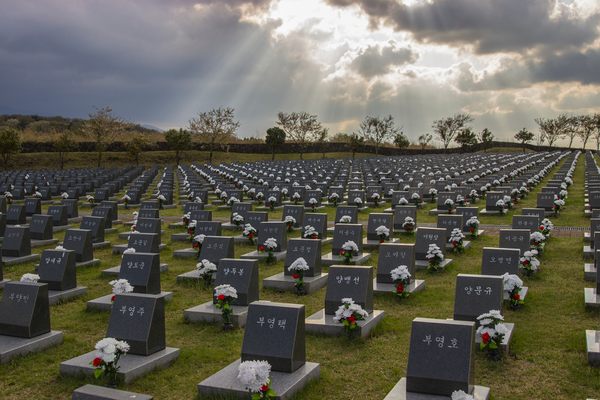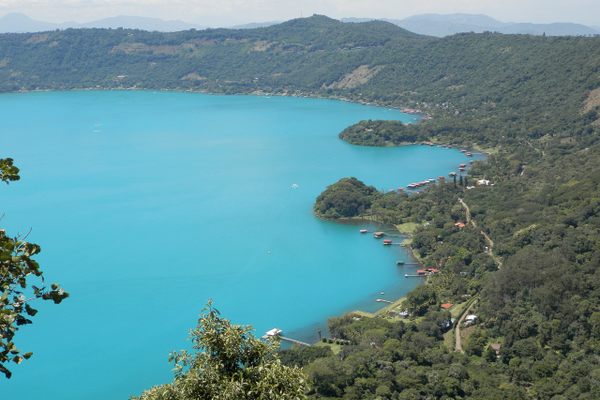AO Edited
Jeju Mermaids
South Korea's women of the sea have completely flipped their society's structure by becoming revered fisherwomen.
Despite the historically patriarchal society in South Korea, some of the small fishing islands off the south coast have flipped the script thanks to the “Haenyeo.” Otherwise known as the Jeju Mermaids, these pioneering (and largely elderly) fisherwomen have become the head of their family units.
Focused around the island of Jeju but with an influence that has spread to some of the smaller surrounding islands, the trend that has seen women in the regions take the place of the men as providers is believed to have begun as a way of getting around taxes. At one point, males would be highly taxed even on their meager fishing hauls, but in a loophole that speaks volume to women’s place in society at the time, females were not taxed at all. This being the case families began having women do the fishing, hauling in catches of shellfish, octopus, seaweed, and abalone.
As the trend continued, islands such as Jeju saw their family units flip power structures almost completely as they free dove for sea life in the icy East China Sea. The tradition has survived for hundreds of years, but now the Haenyeo are in danger of disappearing as more and more of their daughters are choosing life in bigger mainland cities. Today the major population of the so-called Jeju Mermaids are elderly women over the age of 50 who still go out and dive as deep as 60 feet (without a breathing apparatus) to collect their family’s main source of income.
There is a Haenyeo museum in Jeju-si, and a number of statues and art pieces on the island devoted to the mermaid matriarchs, so with luck, even as their numbers dwindle, the memory of their powerful contributions will not.
Know Before You Go
The cove of which the mermaids call home-base, is right next to the Volcanic crater of Seongsan Ilchulbong. Depending on the sea and weather conditions, Beophwan Jomnyeo Village Haenyeo School provides Haenyeo experience activities from June to mid-October. Instructions are given in Korean/Jeju dialect, however. Be sure to call or email them ([email protected]) in advance.

























Follow us on Twitter to get the latest on the world's hidden wonders.
Like us on Facebook to get the latest on the world's hidden wonders.
Follow us on Twitter Like us on Facebook